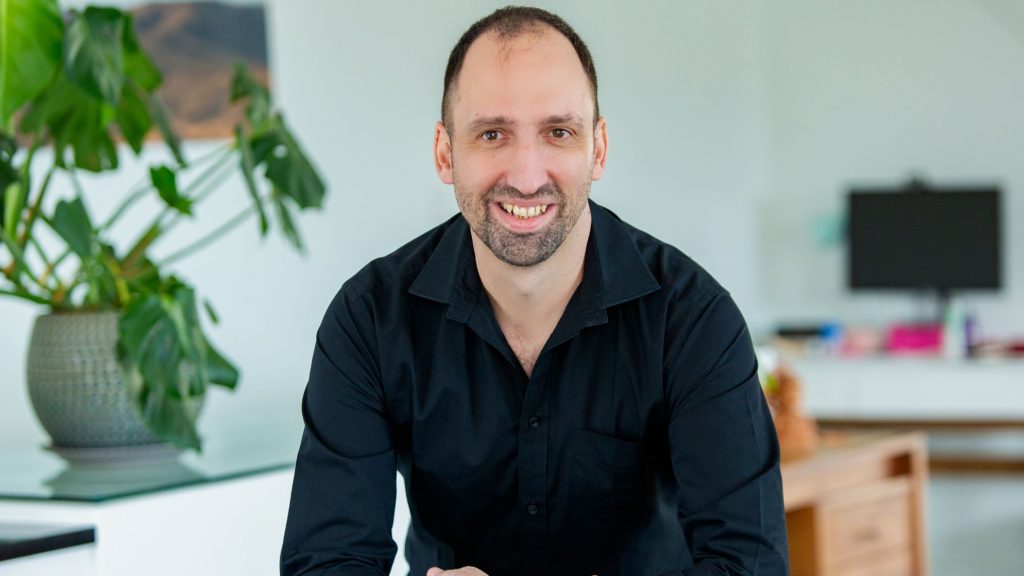We all have them. Those apps we open without thinking. Not because we need anything in particular, but because they feel… safe, in some…
6 trends that will continue to impact business in 2023

The year 2022 has been one of substantial change, especially in the workplace, where organisations of all shapes and sizes have had to navigate through the post-pandemic normal. What trends will continue to shape the new year?
From embracing the work-from-home phenomenon to improving how they attract and nurture diverse talents; both large and small adjustments born during 2022 will go on to create lasting shifts in how businesses support their employees and prepare for the future.
Mike Freislich, a respected coach, trainer, and the co-founder of We Do Change shares the top six organisational changes that defined 2022 and how they will impact a team’s ability to become agile, modify and move forward.
1. Office obliteration
We unmasked and came out of lockdown this year, which is great. It also means employers have a tough decision – should they continue embracing the work from home movement or encourage staff to head back to the office?
It is a tough battle, especially when you consider the number of expensive office buildings that stand empty. But the truth is, there are benefits of working from home. Research shows that working from the comfort of your own home, and not having to commute to and from the office, boosts productivity and morale, especially amongst introverted individuals.
So, why would anyone want to head back to the office? Well, like it or not, we humans need to feel connected to thrive.
While more is possible in remote working environments, nothing beats escaping from eight-hour days in front of a computer screen. Even with a back-to-back meeting schedule, being at the office means you can still enjoy a brief walk between meetings, or a hallway chat to punctuate the day.
Never underestimate the value of an in-person format that allows us to feed off each other’s energy, movement, body language and eye contact. I remember one of the first in-person, two-day workshops that we held earlier this year. There were around twenty-five people in a large hotel conference room, many of whom were seeing each other in person for the first time, and the energy was tangible.
2. Load shedding troubles
Access to a reliable electricity source and good internet connectivity is essential to any business, but more so for ones who have a remote working environment.
Our worsening energy crisis means that most South African businesses are without electricity during the working day, which creates an added burden of stress for employees who are unable to properly conduct their roles and responsibilities.
Load shedding pressures cause distractions and disruptions to things like meetings and can have a negative impact overall on what is possible in terms of value creation. Things also just take longer, at a time where the need to act and respond to change is more urgent than ever.
3. A struggling economy
Around the globe, everyone is feeling the pinch of a downward-trending economy. In South Africa, the effects amplified by the near overnight doubling of fuel costs, thanks primarily to the war in Ukraine, compounded by the effects of state-capture, the pandemic, and an unreliable electricity supply.
Maslow’s hierarchy of needs tells us that if a person’s fundamental needs are not met, they simply will not be able to do their best work. I have noticed that people are more tired and emotionally worn out this year. This leads to sluggish productivity and elevated levels of apathy, which is one of the worst things when working as a team.
The need for a rapid organisational response to change
The changes over the last two years have further exacerbated an already volatile, uncertain, complex, and ambiguous world. The urgent need to reinvent and change direction has caught leaders off guard, and in some cases has forced them to make decisions that impact others.
We have seen major decisions handed down from leaders for execution without any context or consultation. Whilst at times this is a necessary approach, it leads to demotivation. Everyone wants to feel like they are a valued member of a team, and that their views are appreciated. I have seen so many instances over this year where better communication and inclusive decision-making would have led to far better results.
4. Stimulate new ways of thinking
Allowing people, the space to breathe has been so important. Many of us have felt stuck in our jobs while constantly facing challenges that impede progress.
Attending training with an experienced external coach is an effective way of unearthing new ideas and understanding how to implement them into your organisation.
Participating in a training course can be a terrific way to disrupt your current way of thinking and create new opportunities for improvement. It enables a complete re-think of your operational needs to create value more effectively.
In Flight Levels thinking, for example, we talk about “agile interactions” rather than meetings, to become explicit about intended purpose, format, outcomes, inputs, and participants. The aim is to examine and replace the abundance of meetings with a smaller set of truly focused interactions.
Businesses need to be open to reinvention in the new norm. For example, consider shortening all meetings by ten minutes to afford people the time to move around and regroup before the next zoom call. Screen-time is one of the main reasons why our team has chosen to convert our traditional two day, in person training to half-day online sessions spread over three-to-four days.
5. Taking care of mental health
This is the biggest health crisis of the pandemic but is often hard to spot. When somebody is behaving below perceived expectations, it is important to generate empathy. One way to do this is to pause before responding and consider no less than five plausible reasons as to why they are behaving this way. This technique can help greatly to improve your own responses in difficult situations.
Communication is always your best friend in these circumstances. Employees need to feel reassured that leaders are understanding, and that help is available, if required.
Humans are complex, each with our own feelings, views, and thoughts. Consult with your people and find ways to co-create solutions. Solutions built together are more widely accepted than those imposed from the top, and are more likely to be better for all. While this approach takes more effort, the positive effects are long-lasting.

